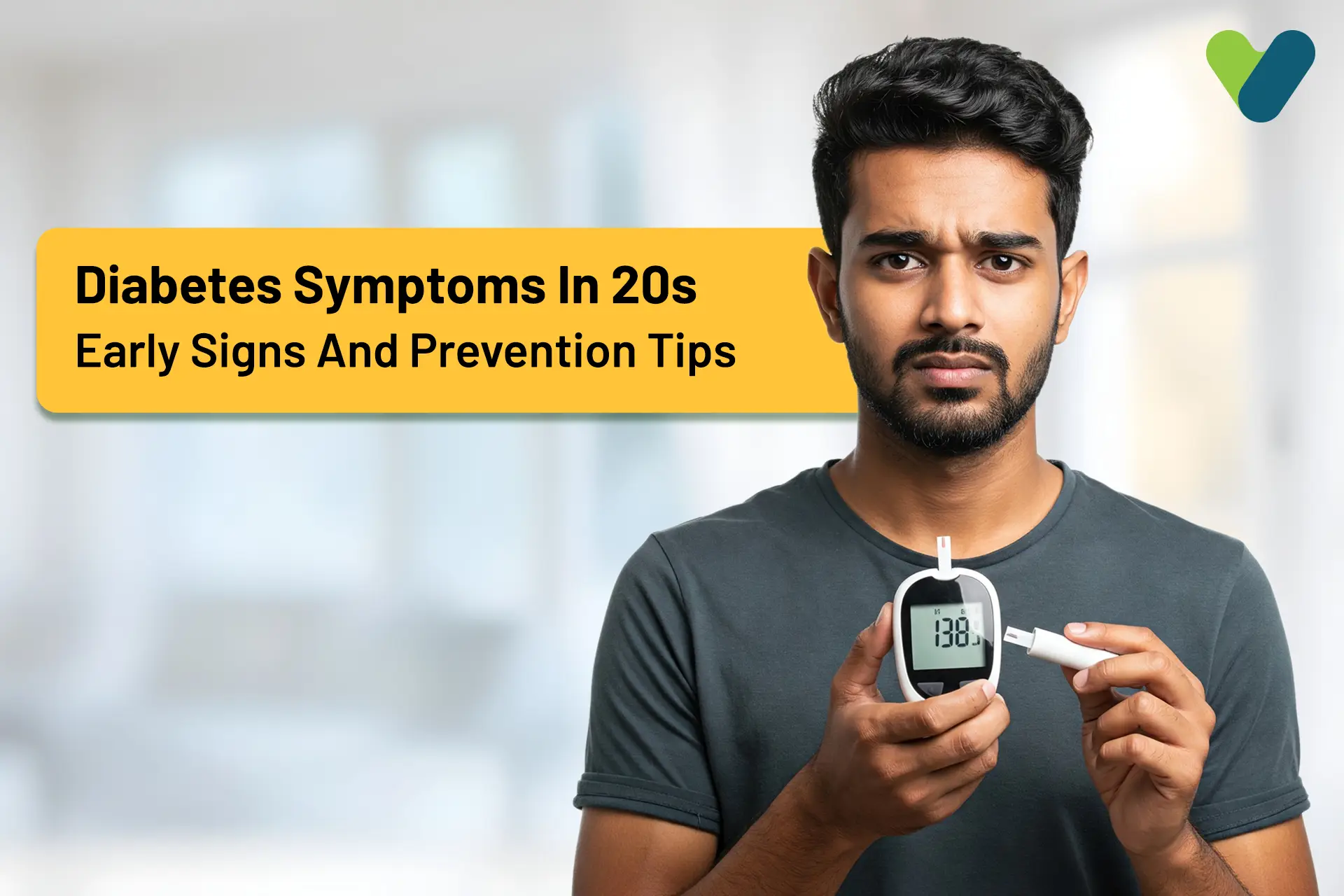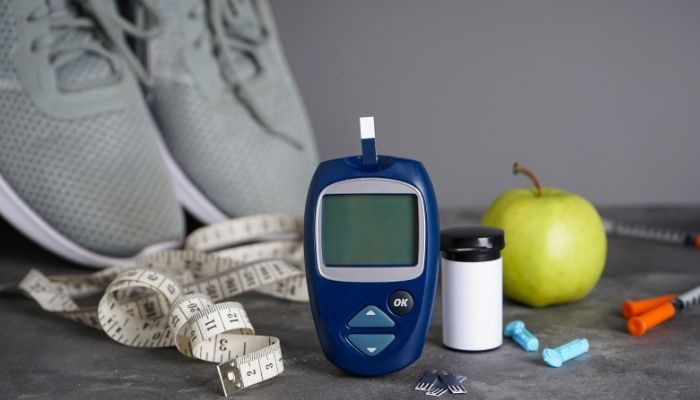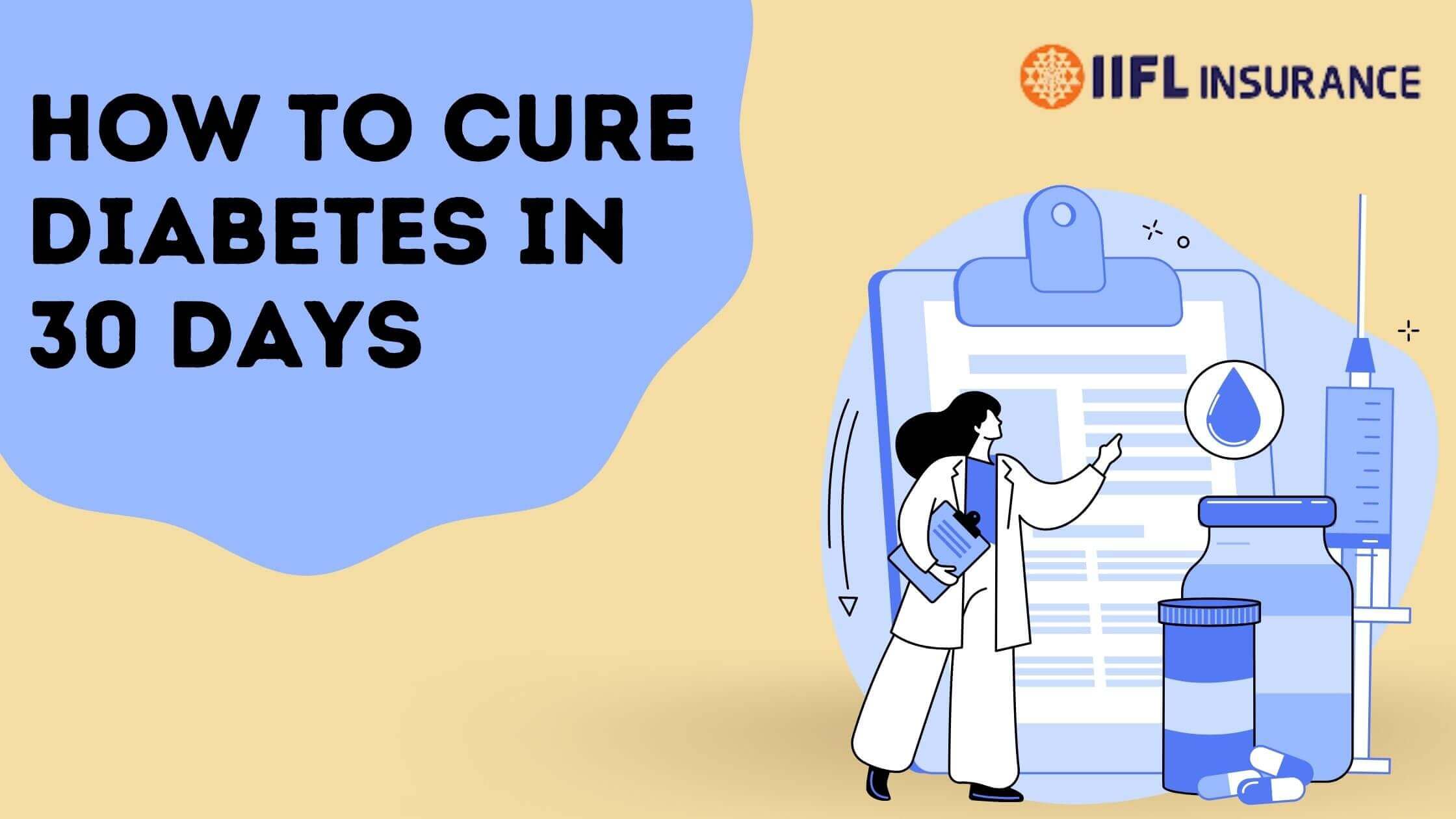Varun is 25 years old and after a fainting episode in the office one day, his doctor orders an OGTT test to find out that he is diabetic. When the doctor orders the test, Varun starts to laugh it off but the doctor tells him that he is very serious. Varun goes for the test, pretty confident that the doctor is wrong. After all, who gets diabetes in their 20s. Moreover, Varun is not really obese even if he isn’t fit and he does not consume desserts very frequently. He keeps joking that he has no time for sleep, so how would he be able to make time for a tub of ice cream.
He gets a rude shock when he finds out that his blood sugar levels are about 145mg/dl which is classified as type 2 diabetes. He gets a second test because he is quite sure that the test – just like his doctor – is wrong. But disbelief gives way to shock and panic when Varun gets the results of the second test, confirming that he is indeed diabetic. At 25 years old.
In your 20s, you feel truly invisible. You’re finally unshackled from ridiculous rules that colleges and schools come up with and you are not really as answerable to your parents, especially if you move to another city. Most 20something-year-olds also attain financial independence and of course, this means going wild and eating what you want and often drinking/ partying till you pass out frequently. Unlike your 30 and 40-year-old counterparts who might be dealing with ailing parents or diabetic friends and colleagues, for you, poor health and death are as real as Santa Claus at this point in your life. But diabetes can affect 20-year-olds too, just like it got Varun.
Why diabetes symptoms in 20s is on the rise?
The incidence of diabetes in younger people is higher due to high-stress lifestyles and obesity. Although there is no way to pinpoint it, Varun could have developed diabetes on account of excess cortisol released on account of sleep deprivation. When we say there is no way to pinpoint the cause, it is because youngsters can also become diabetic if their mothers had developed gestational diabetes when pregnant with them. Alternatively, some people could also be predisposed to diabetes because of their genes. Lastly, “sweets” are not the only causes of diabetes, but rather foods with a high GI. A host of other lifestyle factors, including depression, could contribute to diabetes.Diabetes symptoms in 20s
Diabetes symptoms in 20s can be very similar to diabetes symptoms at any age. But it is very important to know the symptoms beforehand because sometimes they can go unnoticed.Some of the common diabetes symptoms in 20s (or for that matter any age) are:
1. An increased need to pee
this is linked to reabsorption of blood glucose by the kidneys and the consequent need to urinate more often.2. Increased thirstiness
that emerges from urinating more frequently.3. Dry mouth and itchy skin
thanks to all that fluid loss4. Blurred vision
again due to fluid loss5. Wounds and cuts that don’t heal or that heal very slowly
on account of injured blood vessels and subsequent nerve damage. Did I just say nerve damage? Indeed. Yes, diabetes is that serious. Take diabetes symptoms in your 20s seriously.6. Yeast infections
because yeast feeds on sugar and therefore you can get yeast infections in areas where you sweat.7. Pain or numbness in your feet
emerging from nerve damage.Apart from these common symptoms, young adults may also develop: Mood swings: Excess blood sugar can affect your mood, making you irritable or moody. Frequent infections: Excess blood sugar can make the immune system weak. Because of this you can contract infections more easily. Skin problems: Diabetes may lead to skin problems like darkened skin on the neck and armpits, or recurrent yeast infections.
Diabetes Symptoms In Women in 20s
Apart from the general diabetes symptoms, following are some diabetes symptoms in women that some patients may experience :Candida infections: High blood sugar can cause fungus to grow and cause vaginal or oral yeast infection. Common symptoms of these infections are itching in the vagina, discharge, painful sex, and tenderness.
Urinary tract infections (UTIs): Diabetic women are more prone to develop UTIs because they have weak immune systems. Symptoms that patients may face are burning during urination, painful urination, and blood or cloudy urine
Diabetes Symptoms In Men in 20s
In addition to the general diabetes symptoms, men may also experience: Erectile dysfunction (ED)- Men with diabetes are more likely to develop ED due to nerve and blood vessel damage. Due to this, sexual function and overall quality of life can get affected. Retrograde ejaculation- High blood sugar levels can affect the nerves responsible for ejaculation. This results in a condition called as retrograde ejaculation where semen flows into the bladder rather than through the penis. Reduced muscle mass- Diabetic men can lose muscle mass as a result of reduced insulin function and hormone imbalances.Diabetes Symptoms In 20s – When To Pay Attention?
Pay special attention to diabetes symptoms in 20s if1. You skip meals frequently or eat erratically
It is not uncommon for most young and upwardly mobile corporate executives to forget to eat or put off their meals while they finish a presentation or clear their inboxes or deal with whatever burning issue is standing between them and a meal.Today’s 20-odd-year-olds are also more likely to eat erratically as they sample diet after diet in pursuit of the perfect Instagram body. All these less than optimally healthy practices are likely to enable erratic blood sugar behavior. No preaching happening here, Gen Z, but if you notice any of the above symptoms, do be sure to get tested.
2. Your mother had gestational diabetes while pregnant with you
In gestational diabetes, a high amount of glucose in the mother’s blood (usually due to a history of low insulin or insulin resistance) causes the fetus to start producing insulin. It turns the excess blood glucose into fat and this could result in a very large infant who might have obesity issues and a higher risk of diabetes in life.3. You have close blood relatives who suffer from diabetes
Diabetes is hereditary and therefore if either of your parents or your grandparents had diabetes, there is a high chance that you will have it too and therefore you must be extra vigilant of diabetes symptoms in your 20s. Hard truth folks.4. You are overweight or obese
Being overweight or obese is usually a precursor to diabetes because the volume of inflammatory substances that cause insurance resistance is at a high level and this results in poor insulin usage. If you are overweight you should immediately begin regular exercise and adopt a nutritious diet.5. You are stressed, anxious, or depressed
The stress hormone cortisol is linked to weight gain and prolonged phases of high cortisol levels can in the long run result in higher levels of blood glucose and therefore diabetes.6. You do not have the time to get sufficient sleep or suffer from insomnia
Scientists have found a definitive link between lack of sleep and high blood sugar. In one experiment, previously non-diabetic people who were only allowed to sleep four hours a night showed blood sugar readings that meant that they had become prediabetic from just 6 days of sleep deprivation. If you burn the midnight oil more frequently than you do not, or if you get less than 7 to 9 hours of sleep more than one night a week, you are probably at risk. Pay heed if you display diabetes symptoms in 20s.7. You are a heavy smoker
Nicotine not only increases your blood sugar levels but also results in poor use of insulin resulting in a double whammy effect on blood sugar levels, making them spike.Conclusion
Diabetes in your 20s is a real thing and should not be taken lightly. If you have diabetes symptoms in your 20s, get tested for diabetes immediately despite your young age and apparent invincibility. When diabetes is detected early and a proper diabetes treatment plan is followed, diabetes can be controlled effectively.Consult a Diabetologist today!



